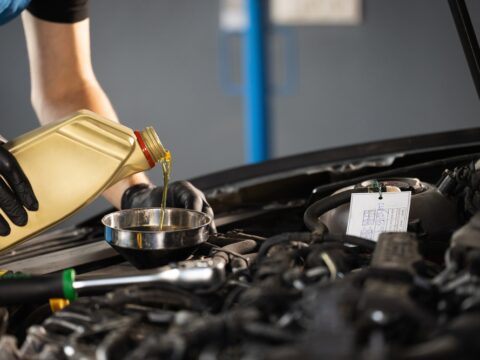Sports cars have long been surrounded by myths that often deter people from considering them. Whether it’s the belief that they’re only for the wealthy or impractical for everyday use, many misconceptions simply aren’t true. In reality, modern sports cars offer a balance of performance, comfort, and accessibility that’s often overlooked. Here are 19 common misconceptions about sports cars you should ignore.
Contents
Sports Cars Are Only for the Wealthy

Many assume sports cars are a luxury only the wealthy can afford, but that’s not always the case. Affordable options like the Mazda MX-5 Miata or Subaru BRZ prove that performance doesn’t have to come with an extreme price tag. Entry-level models provide great handling and speed without the need for a millionaire’s budget. Moreover, leasing or buying used sports cars makes ownership even more accessible to a wider range of people.
Sports Cars Are Not Practical for Everyday Use

It’s often thought that sports cars are impractical for daily driving, yet many models are designed to balance both performance and comfort. The Porsche 911 and Audi TT, for instance, offer spacious interiors, user-friendly technology, and even decent cargo space. Thanks to adjustable driving modes and advanced suspension systems, these cars are equipped to handle daily commutes just as easily as they tackle spirited weekend drives.
Sports Cars Are Unsafe
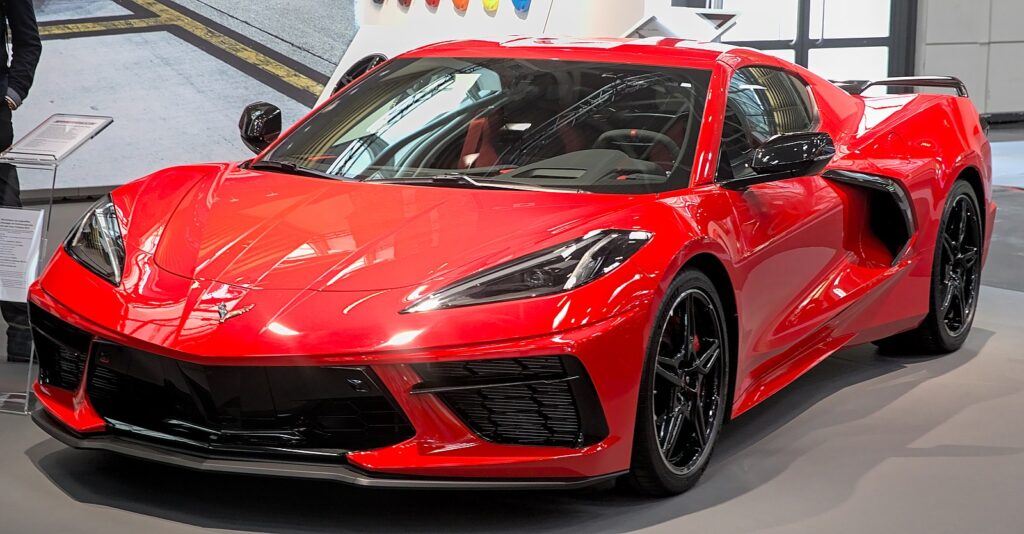
Although sports cars are built for speed, they aren’t inherently dangerous. Modern models come equipped with cutting-edge safety features like traction control, adaptive cruise control, and advanced braking systems. Vehicles like the Chevrolet Corvette and Porsche Cayman have received top safety ratings, showcasing that speed and safety can coexist. With lower centers of gravity, sports cars also offer superior handling and stability, reducing rollover risks.
Only Men Drive Sports Cars

The belief that sports cars are just for men is outdated. A growing number of women are purchasing and driving sports cars, enjoying the same thrill and passion for performance. Car manufacturers like Ferrari and Porsche have reported an increase in female buyers, breaking down old stereotypes. Today, sports car culture is more inclusive, with enthusiasts of all genders sharing the road.
Sports Cars Are Bad for the Environment

While sports cars of the past may have been gas guzzlers, many modern models are engineered with fuel efficiency and environmental sustainability in mind. Electric and hybrid sports cars like the Porsche Taycan and BMW i8 deliver impressive performance while minimizing their carbon footprint. Additionally, automakers are increasingly focusing on eco-friendly innovations, proving that you can have both power and green credentials.
Sports Cars Have Terrible Gas Mileage
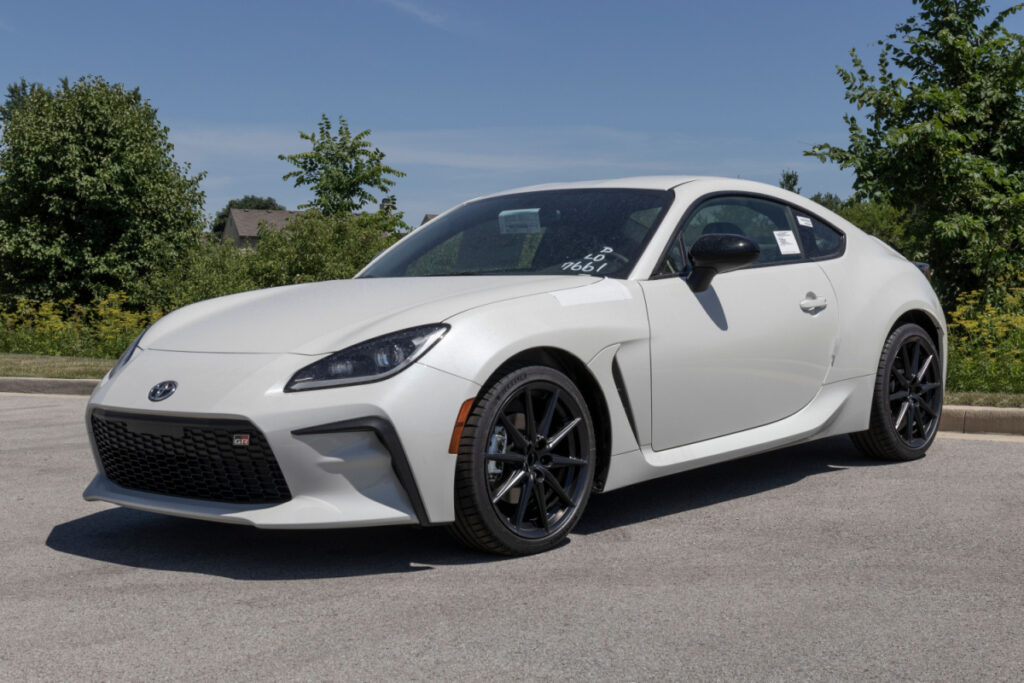
There’s a common assumption that sports cars always have poor fuel efficiency, but this isn’t universally true. Models like the Ford Mustang EcoBoost and Toyota GR86 achieve a balance between performance and miles per gallon. Turbocharged engines and lightweight materials help boost fuel economy without sacrificing speed. It’s possible to enjoy the thrill of a sports car without constantly refilling the tank.
All Sports Cars Are Expensive to Maintain
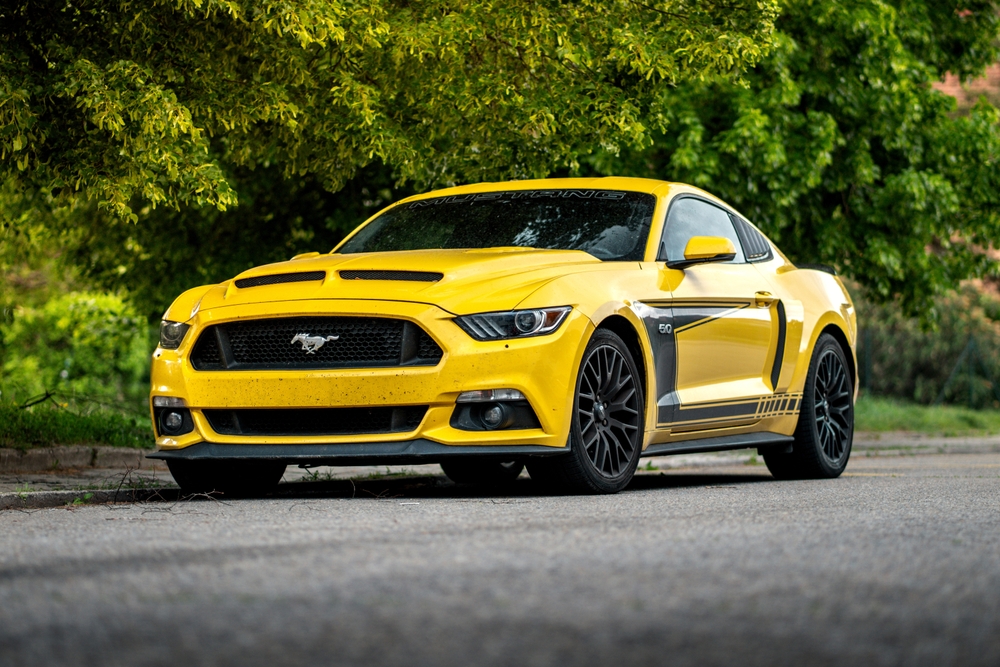
Not all sports cars come with sky-high maintenance costs. While brands like Ferrari and Lamborghini may require costly upkeep, cars such as the Ford Mustang or Mazda MX-5 are much more affordable to maintain. Regular servicing can also prevent major repairs, reducing long-term ownership costs. So, owning a sports car doesn’t always mean draining your wallet for upkeep.
Sports Cars Are Hard to Drive

Many people assume sports cars are tricky to handle, but modern advancements have made driving them easier than ever. Features like automatic transmissions, traction control, and driver assistance systems make cars like the Nissan Z and BMW M2 manageable for even novice drivers. Customizable driving modes also allow the vehicle to adapt to different road conditions. Today’s sports cars are designed to provide both excitement and ease of use.
Sports Cars Don’t Last Long

Contrary to popular belief, sports cars can have a long lifespan when properly maintained. Brands like Porsche and Toyota produce highly reliable models known to clock hundreds of thousands of miles. Regular maintenance and responsible driving habits are key factors in extending the life of any vehicle, including sports cars. Many of these vehicles are built to endure the test of time when cared for properly.
Sports Cars Are Uncomfortable

It’s easy to think that sports cars are all about performance, leaving comfort behind. However, many newer models are designed to offer both. Cars like the Jaguar F-Type and Chevrolet Corvette now feature plush interiors, adjustable suspensions, and advanced infotainment systems, making long drives more enjoyable. These cars prove that comfort and sportiness can coexist, challenging the notion that driving a sports car means sacrificing convenience.
You Can’t Drive Sports Cars in Bad Weather
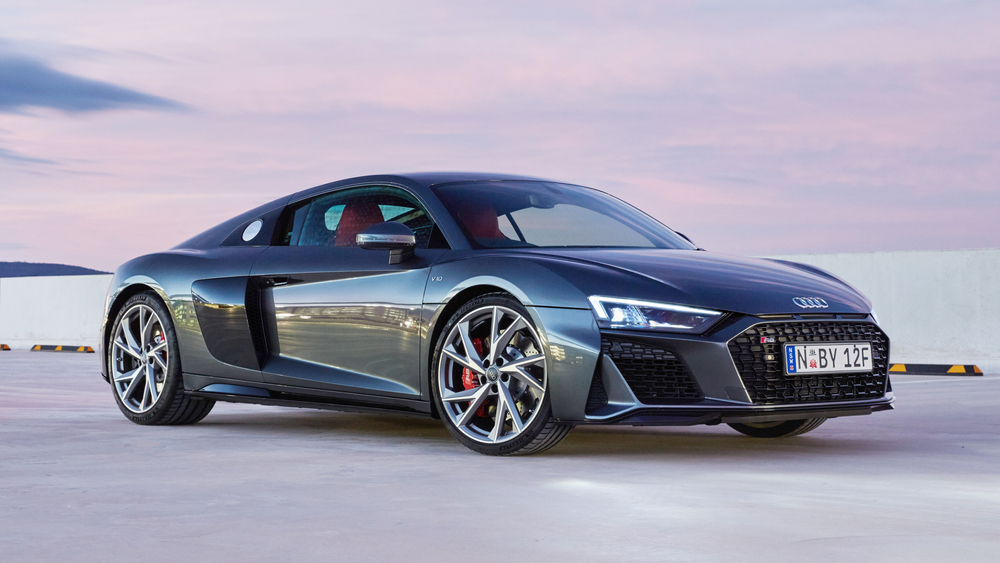
The idea that sports cars are only suited for sunny days is another misconception. Modern sports cars equipped with all-wheel drive (AWD) and traction control systems, like the Audi R8 or Nissan GT-R, can handle rain, snow, and other challenging weather conditions with ease. While you might need to be cautious during extreme weather, these cars are designed to maintain performance even when road conditions aren’t ideal.
Sports Cars Are Only for Racing

While it’s true that sports cars are engineered for performance, they’re not limited to the track. Many sports car owners use their vehicles for daily commutes, weekend road trips, or even family outings. Models like the BMW Z4 and Mazda Miata are perfect examples of sports cars that provide both practicality and excitement. Owning a sports car doesn’t mean you need to spend all your time at a racetrack.
Sports Cars Have Poor Resale Value

Many people think sports cars lose value quickly, but that’s not always the case. Certain models, like the Porsche 911 and Mazda MX-5 Miata, have a reputation for holding their value due to their desirability and reliability. In fact, limited-edition or well-maintained classic sports cars can even appreciate in value. Resale prices depend on factors like brand, condition, and rarity, so sports cars aren’t always a bad investment.
Sports Cars Are Loud and Uncomfortable

The assumption that sports cars are excessively loud is becoming less relevant with modern engineering. Manufacturers now incorporate sound-dampening technology and quieter exhaust systems into many models. You can enjoy the growl of a powerful engine when you want it, but also experience quieter, more refined driving in vehicles like the Lexus LC500 or Mercedes-AMG GT. These cars are designed to offer both performance and peaceful driving experiences.
Sports Cars Aren’t Family-Friendly
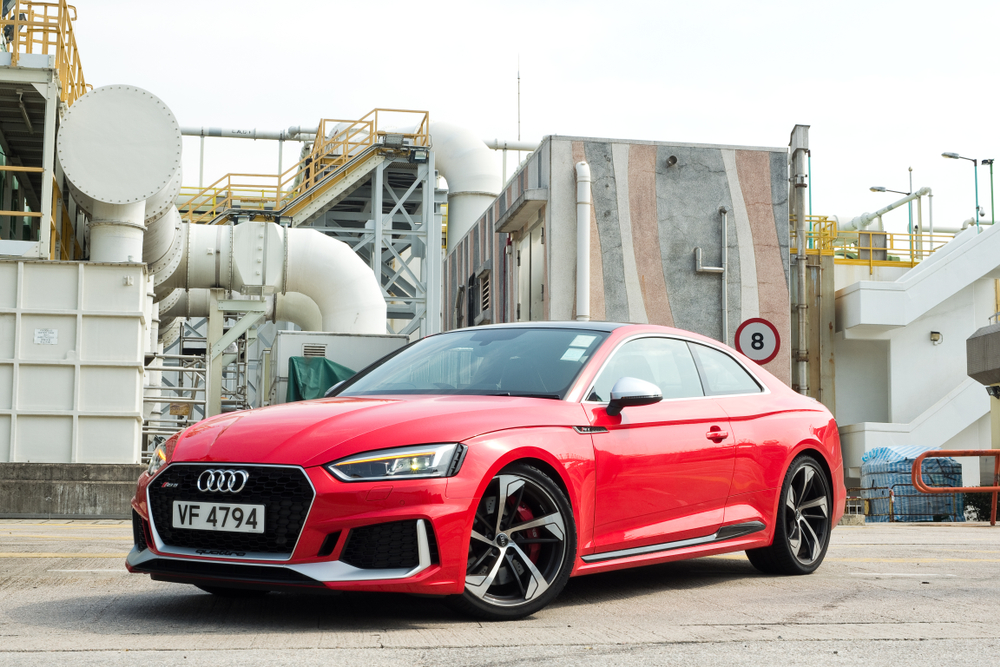
Contrary to belief, some sports cars are quite family-friendly. Models like the Porsche Panamera or Audi RS5 provide seating for up to four people and come with ample cargo space for weekend trips or daily errands. While they may not replace an SUV, these sports cars prove that you can enjoy performance and still accommodate a small family.
All Sports Cars Are Rear-Wheel Drive

The notion that all sports cars are rear-wheel drive (RWD) is outdated. Many manufacturers now offer all-wheel drive (AWD) or front-wheel drive (FWD) options for better handling and versatility. Cars like the Subaru WRX and Audi TT feature AWD, making them more adaptable to different driving conditions. This flexibility allows drivers to choose a sports car that best suits their performance needs.
Sports Cars Aren’t Technologically Advanced

It’s often assumed that sports cars prioritize speed over technology, but many modern models are packed with advanced features. From driver assistance technologies to cutting-edge infotainment systems, sports cars like the Corvette C8 and McLaren 720S offer a range of tech innovations. These include GPS-enabled performance tracking, adaptive suspension systems, and semi-autonomous driving modes.
Sports Cars Are High Insurance Risks

It’s commonly believed that sports cars automatically come with sky-high insurance rates. While insurance for sports cars may be higher in some cases, factors like your driving history, location, and vehicle type play a significant role in determining premiums. Models like the Subaru BRZ or Ford Mustang often come with insurance costs comparable to mid-range sedans. Shopping around for quotes can help you find a competitive rate, debunking this misconception.
You Have to Be a Car Expert to Own One

Owning a sports car doesn’t require an advanced knowledge of mechanics or performance tuning. Today’s sports cars are designed to be just as user-friendly as any other vehicle on the market. Regular maintenance is straightforward, and many models come with extensive user manuals and intuitive digital displays. You don’t need to be a car expert to enjoy the thrill of driving a sports car.
This article originally appeared on MyCarMakesNoise.
More from MyCarMakesNoise
25 Exotic Cars That Will Skyrocket in Value

Investing in exotic cars can be a thrilling venture, especially when you know which models are poised to increase in value. In this article, we’ll explore 25 limited-production exotic cars that are not only stunning but also offer significant investment potential. Read More.
20 Astonishing Facts You Didn’t Know About Classic Muscle Cars
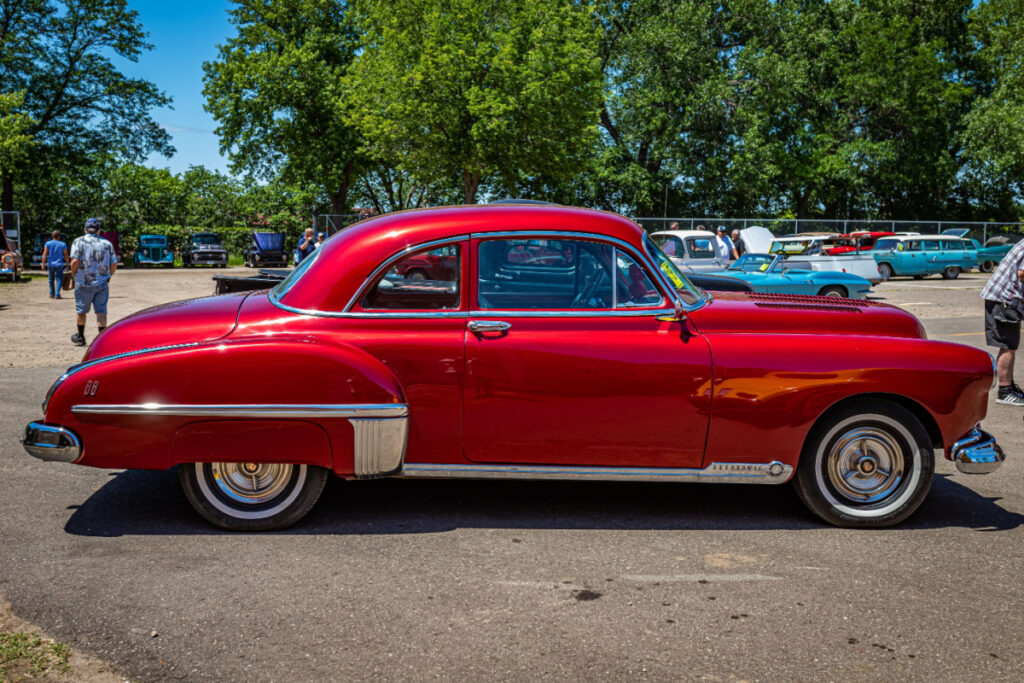
Classic muscle cars have always captured the hearts of car enthusiasts with their powerful engines and iconic designs. These American legends aren’t just about speed and style; they have a rich history full of fascinating stories and surprising details. Read More.
18 Trailblazing Hydrogen Fuel Cell Cars on the Road Today
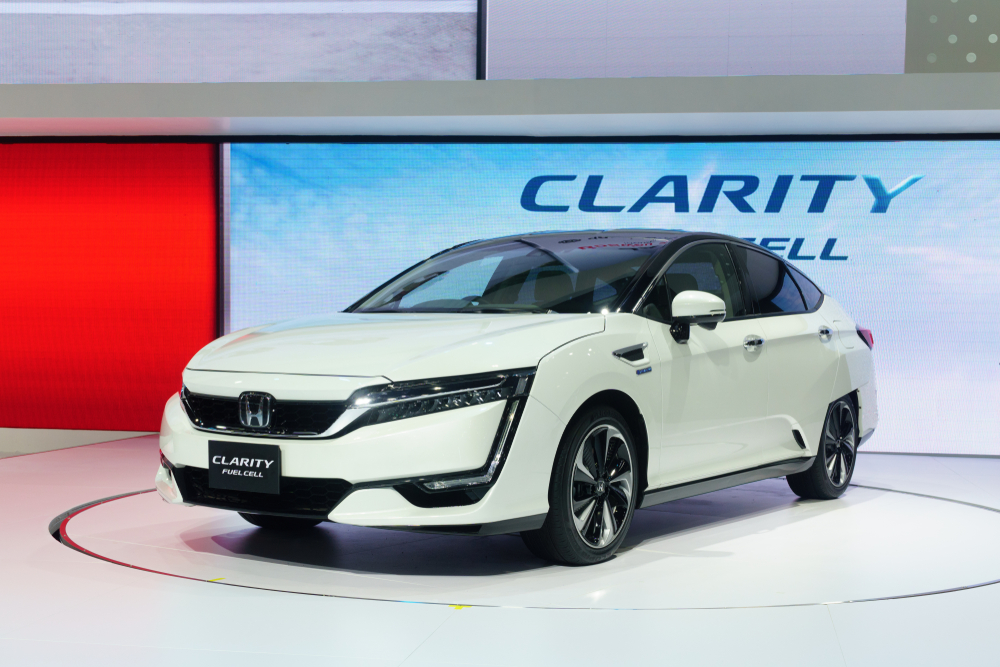
As the world moves towards sustainable energy solutions, hydrogen fuel cell cars are at the forefront of this green revolution. These innovative vehicles offer a glimpse into the future of transportation, combining cutting-edge technology with eco-friendly fuel. Read More.


